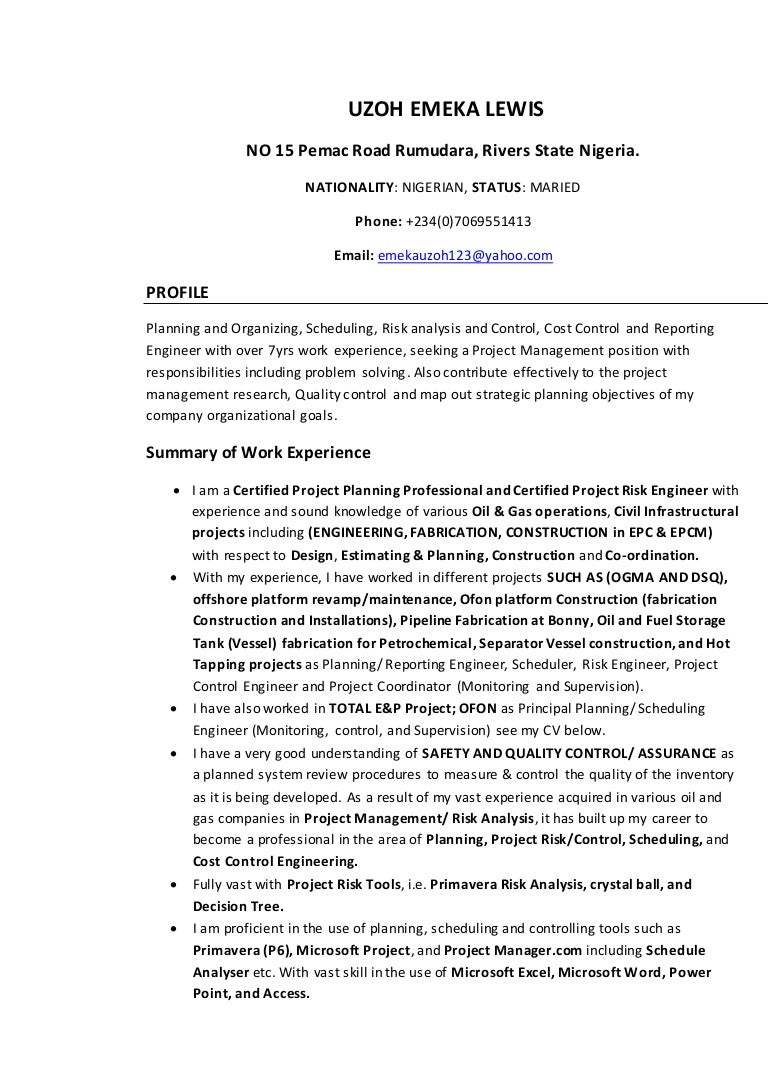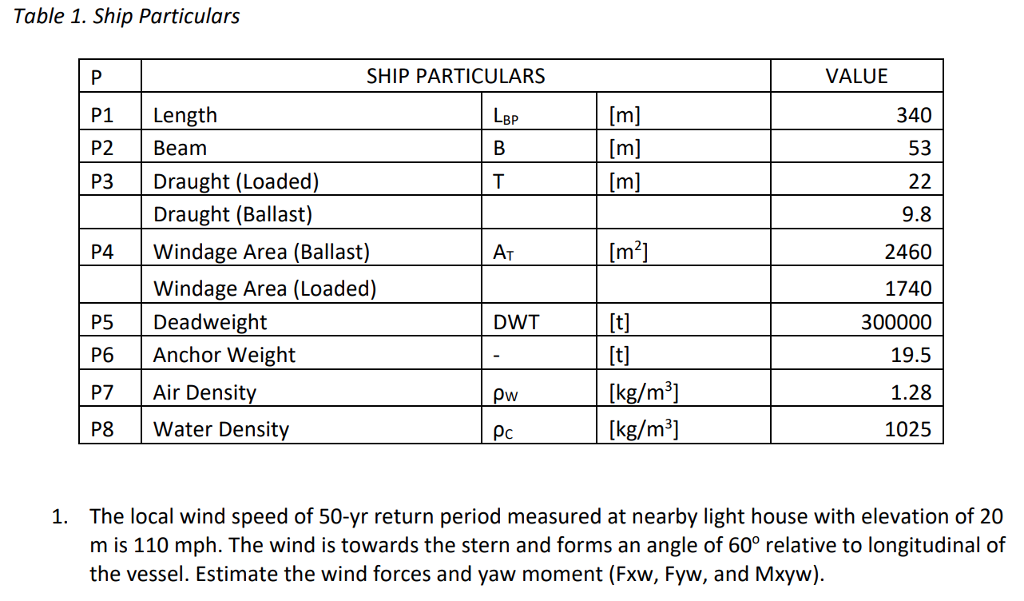

If the claimant serves the claim form right at the end of the four month period, the particulars need to be served with the claim form if they are not to be out of time. The problem here is that although there appears to be a further 14 days in which to serve the particulars, this is subject to the same longstop as that for service of the claim form in CPR 7.5: they must be served before midnight on the calendar day four months after the date of issue of the claim form. This states that if they are not contained in or served with the claim form, they must be served within 14 days after service of the claim form. Particulars of claim must be served in accordance with CPR 7.4. The relevance of the CPR 7.5 deadline to particulars of claim However, while the claim form is served by despatching it before midnight on that day using one of the accepted methods eg first class post, delivery, email where authorised etc, the particulars are subject to the service rules set out in CPR 7.4 discussed below.

What are the rules for service of a claim form and particulars of claim?īoth the claim form and particulars must be served before midnight on the calendar day four months after the date of issue of the claim form under CPR 7.5.


The rules discussed below apply where the particulars are being served within the jurisdiction in accordance with the CPR service rules and the proceedings are not in the Commercial Court (see CPR 58.5). But it is embarrassing for a claimant’s solicitor to be responsible for serving particulars late and to then incur the cost of applying for relief from sanctions. And it’s not easy for the defendant either: they have to decide whether or not to oppose the claimant’s application for relief in this scenario. The claimant can apply ahead for an extension of time under CPR 3.1(2)(a) and if they fail to do that, the courts will usually grant relief from sanctions where the delay is short (see Totty v Snowden). The rules about serving particulars of claim are not as draconian as those for claim forms. The recent decision in Ideal Shopping Direct Ltd v Visa Europe Ltd concerning purported service of an unsealed amended claim form illustrates how hard it is for claimants to get relief under these rules. The circumstances in which the courts will retrospectively validate defective or non-existent service of a claim form under CPR 6.15 or CPR 6.16 are limited. A failure to read the rules and/or comply with them, even where the claimant is a litigant in person, is not a “good reason” for the court to give relief under CPR 6.15 nor “exceptional circumstances” under CPR 6.16 enabling the court to dispense with service altogether. The defendant is under no duty to point out the claimant’s mistake in this scenario. Where the claimant issues the claim at the end of the limitation period, serving it correctly within the four month time limit under CPR 7.5 is crucial. Many claims have been lost because of defective service of the claim form – whether, for example, by unauthorised email service as in Barton v Wright Hassall and more recently in Piepenbrock v Associated Newspapers Ltd, or by unauthorised service on the defendant’s solicitor as in Woodward v Phoenix.


 0 kommentar(er)
0 kommentar(er)
